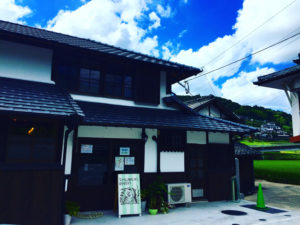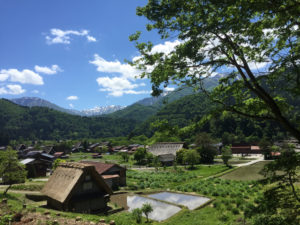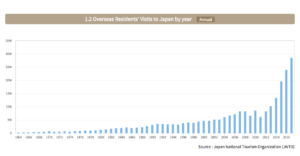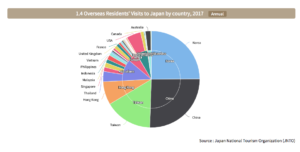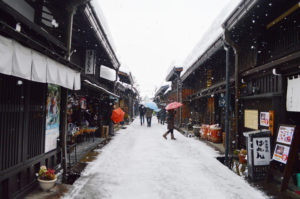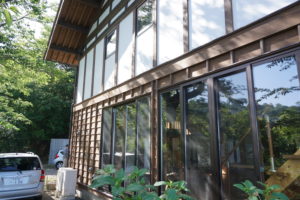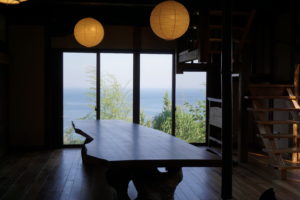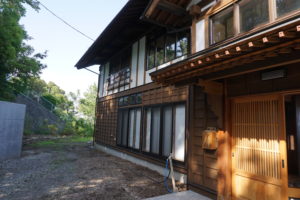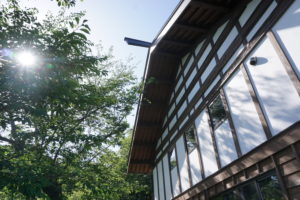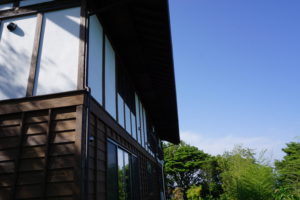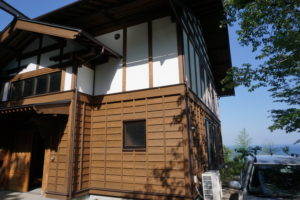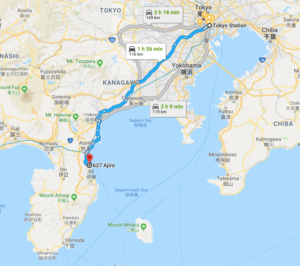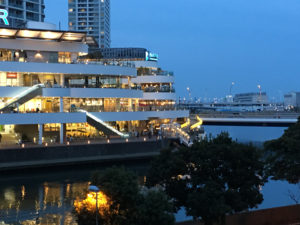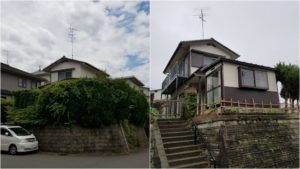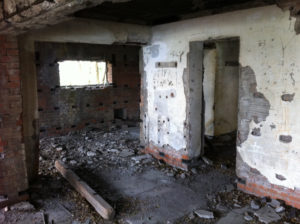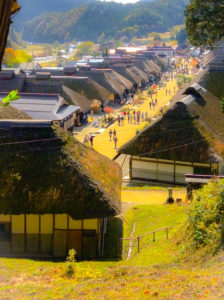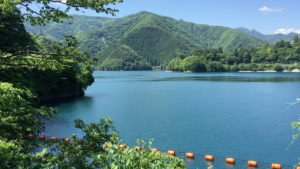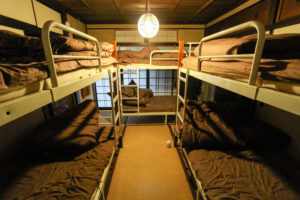In today’s uncertain economy, dynamic growth potential with low risk is tempting.
Real estate companies are constantly manufacturing the opportunities to captivate the naive investors.
Kabocha no Basha was one of them.
Suruga Bank Scandal background
Japan’s Financial Services Agency has launched an emergency inspection into Suruga Bank over investment irregularities involving women-only shared houses.
Suruga Bank extended over 100 billion yen ($915 million) in loans to about 700 people, mainly middle-aged salaried workers, to invest in Kabocha no Basha — or “Pumpkin Carriage” ; women-only shared houses operated by Smart Days.
Tokyo-based Smart Days also worked as a middle man between Suruga and investors and solicited investment from salaried workers, pledging to pay them rents for 30 years.
But Smart Days struggled with low occupancy rates and stopped paying the rents to owners they promised in January 2018.
Smart Days filed for bankruptcy in April 2018.



